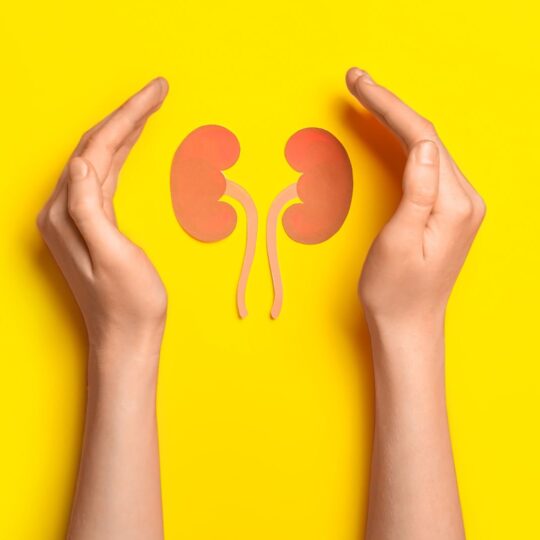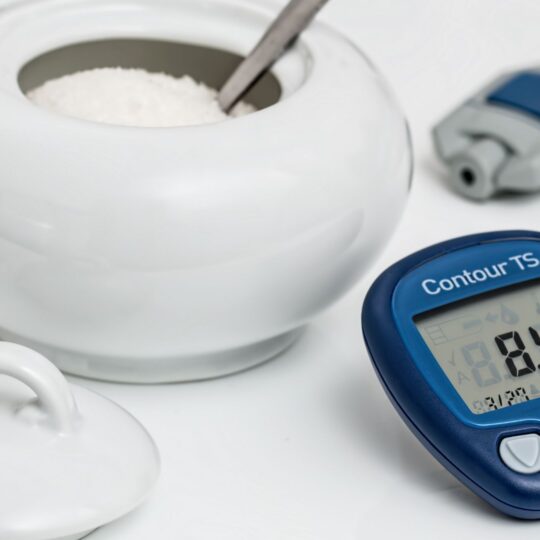
by admin | Feb 4, 2023 | Chronic Kidney Disease
You’ve probably heard about chronic kidney disease (CKD)—it’s been in the news a lot lately. But what you may not know is that CKD is a serious health condition that can lead to kidney failure if it’s not treated. CKD affects millions of people in...

by admin | Nov 19, 2022 | kidney disease
Diabetes is a serious condition that can lead to a number of health problems, including chronic kidney disease. If you have diabetes, it’s important to be aware of the risk factors for chronic kidney disease and take steps to protect your kidneys. Chronic kidney...

by admin | Sep 8, 2020 | Articles
There are a lot of people with kidney problems who find that they’d have to retain their jobs while undergoing dialysis. This makes them have misgivings, become scared and wanting to give up altogether. According to a variety of health experts and other sources, it is...

by visvadi | Sep 6, 2020 | Articles
It could do a lot of good to connect with people who are dealing with similar problems. If you’re going through dialysis or chronic kidney disease (CKD), it might actually help to talk to others who are battling similar conditions. The idea of connecting with...





